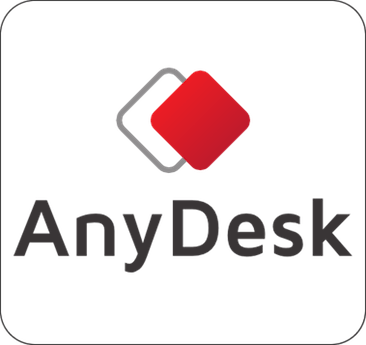Back
DFNLP
Nonlinear Data Fitting
Version 2.0 (2005)
Purpose
DFNLP solves constrained nonlinear least squares, L1- and min-max problems, where the objective function is of the following form:
- sum of squares of function values
- sum of absolute function values
- maximum of absolute function values
- maximum of functions
Numerical Method
By introducing additional variables and constraints, the problem is transformed into a general smooth nonlinear programming problem which is then solved by NLPQLP. For least squares problems it can be shown that typical features of special purpose algorithms are retained, i.e. a combination of a Gauss-Newton and a quasi-Newton search direction. In this case, the additionally introduced variables are eliminated in the quadratic programming subproblem, so that calculation time is not increased significantly.
Program Organization
DFNLP is a double precision Fortran subroutine and parameters are passed through arguments.
Special Features
- reverse communication
- Nonlinear constraints allowed
- bounds and linear constraints remain satisfied
- Fortran 77
Applications
The code is in practical use to solve parameter estimation problems e.g. in chemical and pharmaceutical applications.Customers include BASF, Battery Design, Bayer, Boehringer Ingelheim, Dow Chemical, GLM Lasertechnik, Envirogain, Epcos, Eurocopter, Institutt for Energiteknikk, Novartis, Oxeno, Prema, Prodisc, Springborn Laboratories, and dozens of academic research institutions worldwide. Moreover, DFNLP is part of the interactive data fitting system EASY-FIT which contains now 1,300 test examples.
Reference
- K. Schittkowski, DFNLP : A Fortran implementation of an SQP-Gauss-Newton algorithm, Report, Department of Computer Science, University of Bayreuth (2005)
- K. Schittkowski (2002): EASY-FIT: A software system for data fitting in dynamic systems, Structural and Multidisciplinary Optimization, Vol. 23, No. 2, 153-169
- K. Schittkowski (2002): Numerical Data Fitting in Dynamical Systems - A Practical Introduction with Applications and Software, Kluwer Academic Publishers
- K. Schittkowski, Solving nonlinear least squares problems by a general purpose SQP-method, in: Trends in Mathematical Optimization, K.-H. Hoffmann, J.-B. Hiriart-Urruty, C. Lemarechal, J. Zowe eds., International Series of Numerical Mathematics, Vol. 84, Birkhaeuser, 1988


